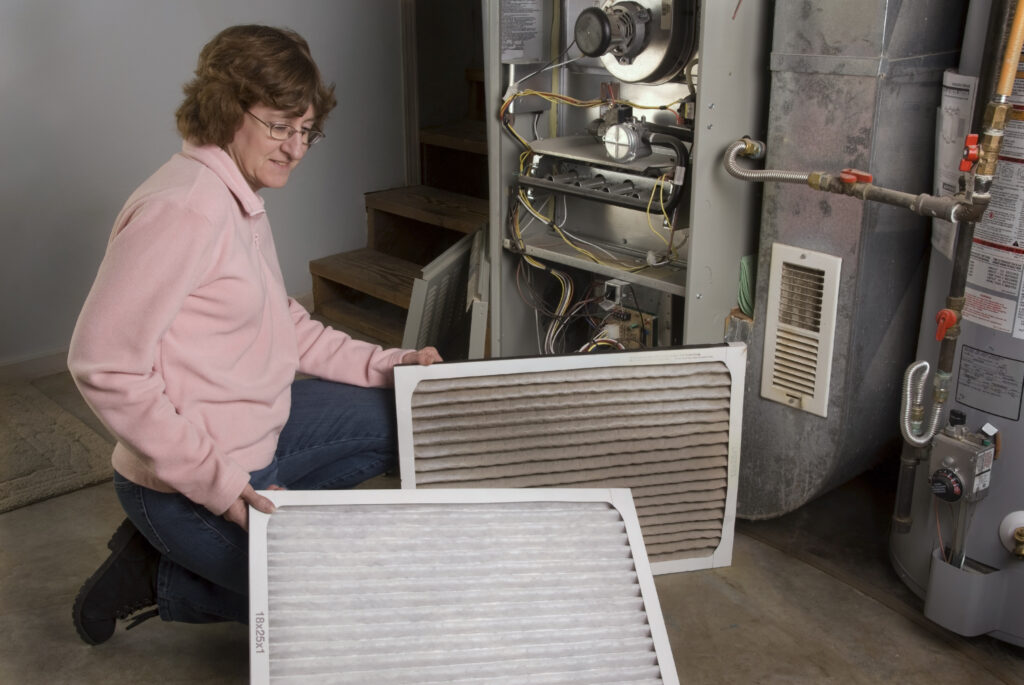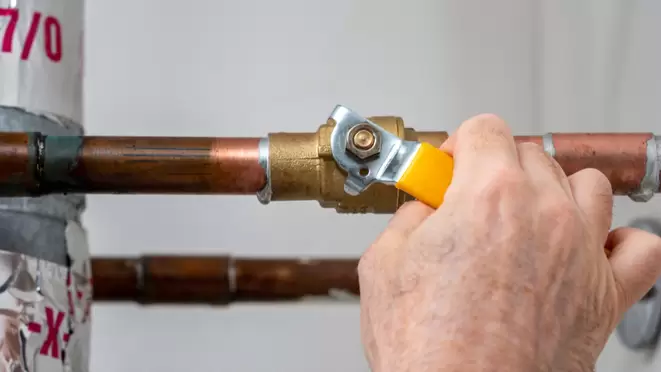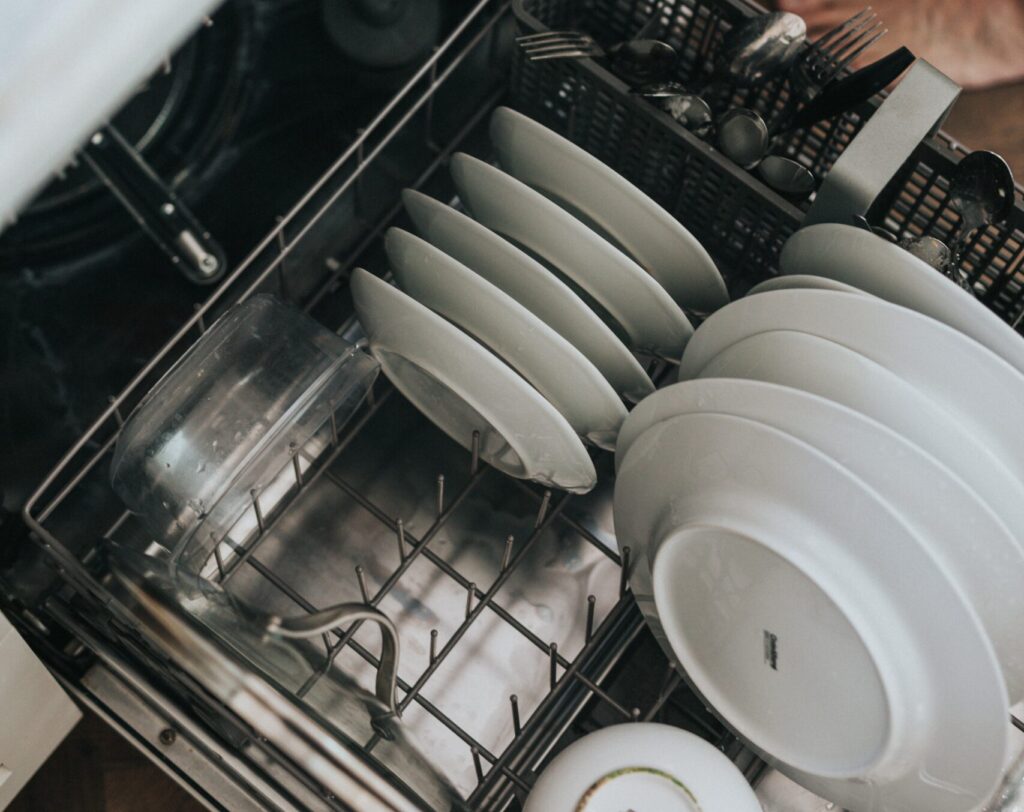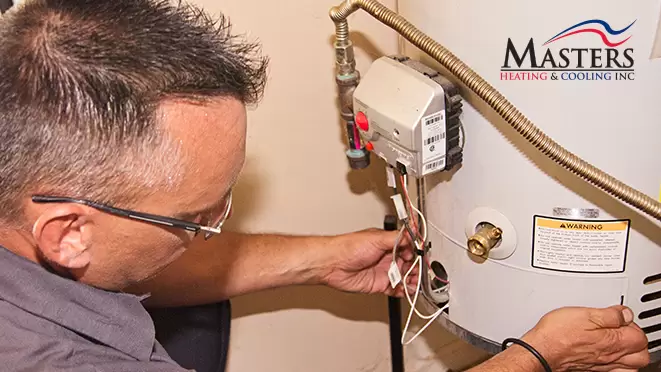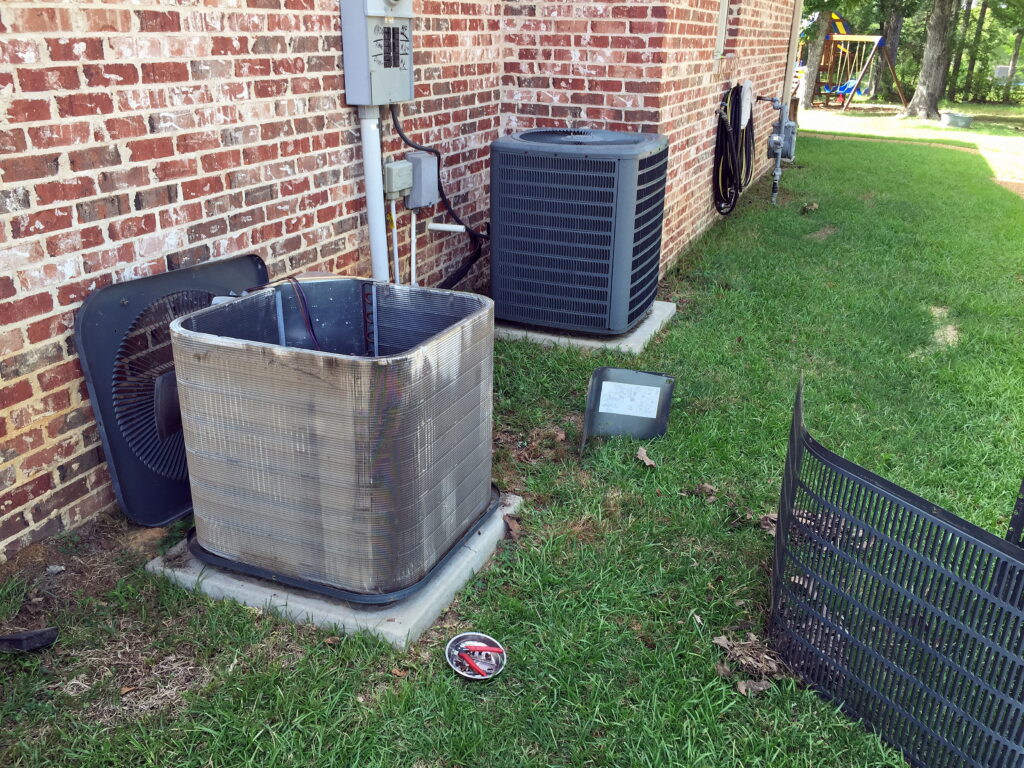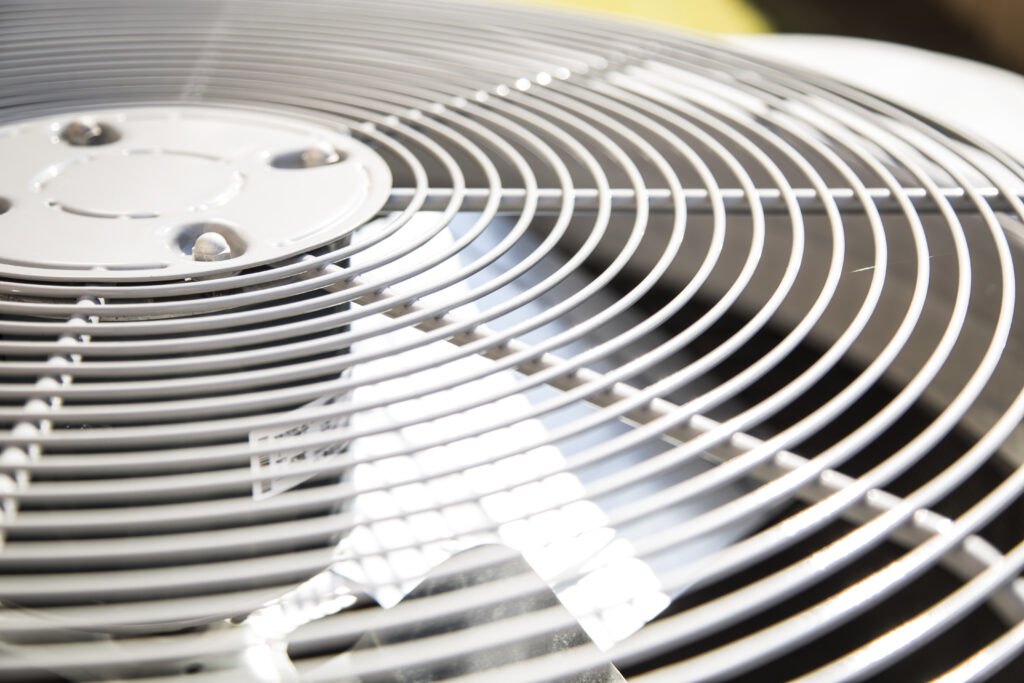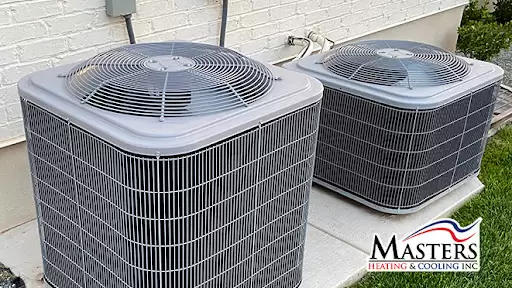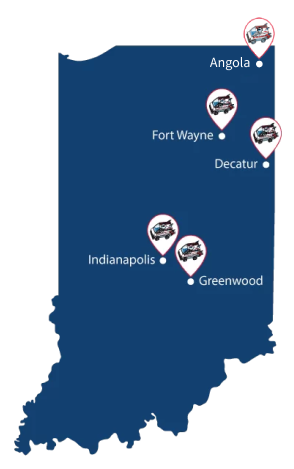Emergency Service
<p>Heating, cooling, and plumbing emergencies happen when you least expect them. Contact the professionals at Masters Heating & Cooling to investigate and resolve the issues you're dealing with. We have the necessary skills and tools to fix your system so you can safely use it once again. Call us at (866) 824-4328 to get emergency HVAC or plumbing services in Central & Northeast Indiana.</p>






